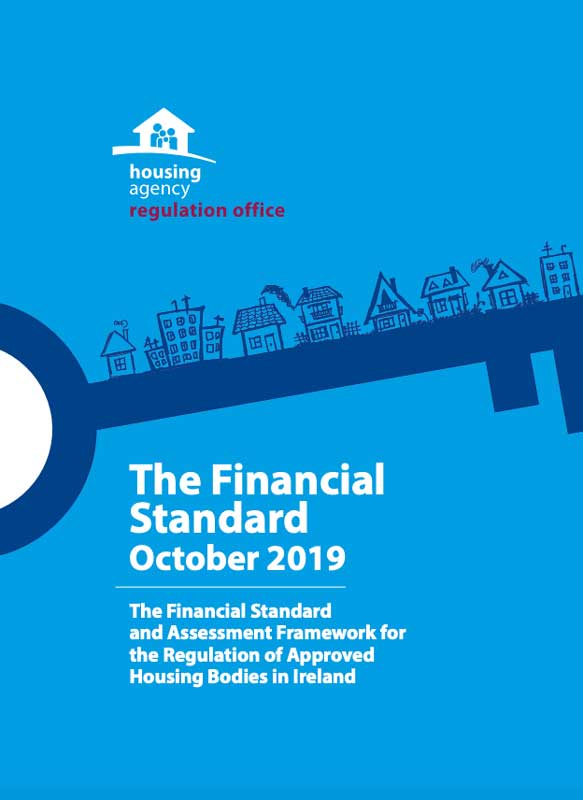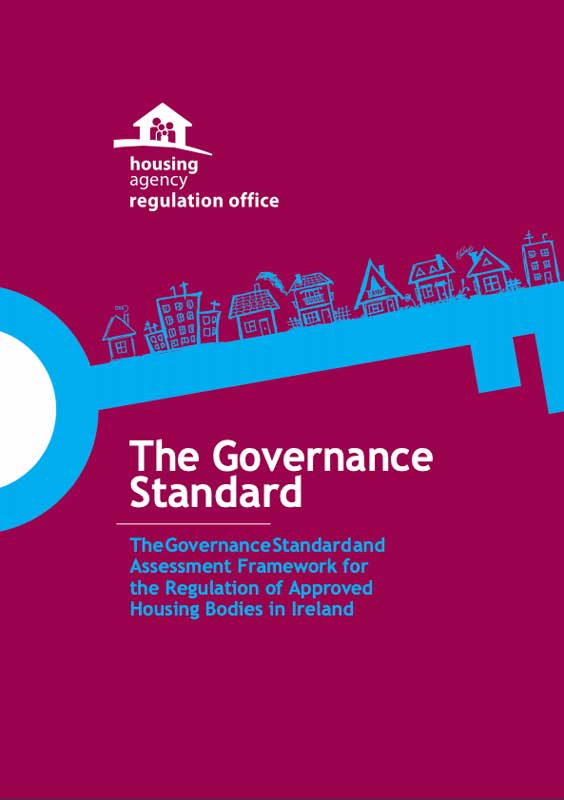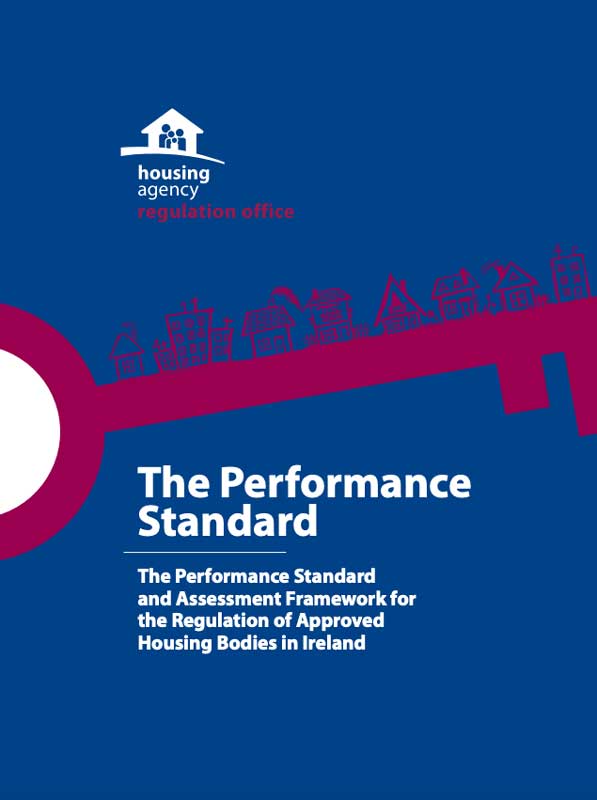Are you ready for regulation?
Top 10 tips for Approved Housing Bodies

GOVERNANCE
Image: Istock
Kathleen McKillion
Senior associate consultant, Campbell Tickell


Greg Campbell
Partner, Campbell Tickell
As the Department of Housing, Local Government & Heritage has confirmed, Ireland’s new housing regulatory authority will be in place from early 2021, with full implementation of statutory regulation from early 2022.
The new framework will apply to all existing Approved Housing Bodies (AHBs). There are 555 of these across Ireland, but many of the smallest have not signed up to the Voluntary Regulatory Code that has been in force since 2013, and so the Department needs to establish which of them wish to continue as AHBs.
While larger and medium-sized AHBs have now got used to voluntary regulation, there will be changes ahead, especially as the new regulator will have statutory powers. New regulatory standards will be adopted, which is bound to involve some changes from the existing standards, which Campbell Tickell has worked with the Housing Agency Regulation Office (the interim regulator) to develop over recent years. Until new standards are set, the current standards will remain. It is reasonable to assume that the new standards will be based on similar principles.
“While larger and medium-sized AHBs have now got used to voluntary regulation, there will be changes ahead, especially as the new regulator will have statutory powers”
How should AHBs prepare for the new regime?
Here are our top 10 tips and questions:
1. How do you perform against the existing Voluntary Code Standards?
The Financial Standard, the Governance Standard and the Performance Standard (covering people, property and performance). There is plenty to address in these. AHBs need to ensure:
- Long-term financial viability and value for money
- Effective governance
- Tenant services and engagement
- High-quality homes and robust property maintenance
- Health and safety
- Effective performance monitoring, reporting and continuous improvement
Have an action plan in place for each standard and a checklist setting out what you still need to do.
2. Reflect on your regulation journey
Use feedback from previous meetings with the interim regulator and previous reports. Embed these in your business plan so actions required are captured and improvements addressed. See regulation as an endorsement of what you are doing well and identification of what needs to be improved. Reflect on how it has worked for you and how it could be improved, and engage with the consultation on the new standards.
3. Demonstrating value for money
VFM has been an area of increased focus by the interim regulator. This is likely to continue under statutory regulation. Is your AHB able to demonstrate you have a handle on your costs and that you are maximising the resources available to develop new homes? Are you clear on the quality of your housing stock and likely future maintenance liabilities?
4. Robust risk management
Your current and future risks should be understood and owned by both the board and staff. When did you last review your risk register – and how do you keep it up to date? What are your top risk management actions? How does the board get assurance from the Audit & Risk Committee?
5. Stress-test your business plan
How robust is your business plan – is it constructed using, say, a Brixx model, or is it in Excel? Are you running full sensitivity analysis, taking account of all potential variables? Are you clear on what would break your business plan, and on what steps you should take to mitigate these eventualities?
6. Effective governance
Your board members need to understand their strategic role, and set and monitor the organisation’s progress towards its long-term vision. Do you review the performance of board members individually and the whole board? Do your processes ensure board members receive the information they need to make considered decisions – including about the organisation’s service delivery performance – and demonstrate probity and integrity?
7. Succession planning
A successful AHB will ensure it has the right skill sets to lead the organisation. Have you sufficient board members and diversity of experience? Have you robust arrangements for renewal, and training of new members?
8. Focus on your tenants
Put your tenants and service users at the forefront and involve them in key matters that affect them. This should include consultation on rent reviews, promoting community development, and implementing a resident engagement strategy.
9. Train, train, train
Carry out skills audits of board and committee members. Ensure that your staff and volunteers have access to the training and support that they need, and that your training plans address skills gaps.
10. Robust systems
Ensure that your back-office systems, including IT, provide the support that your AHB needs to be effective all-round. Will your systems be able to cope in future, especially if you anticipate significant growth through your development programme?
To discuss this article, please contact Kathleen McKillion or Greg Campbell





